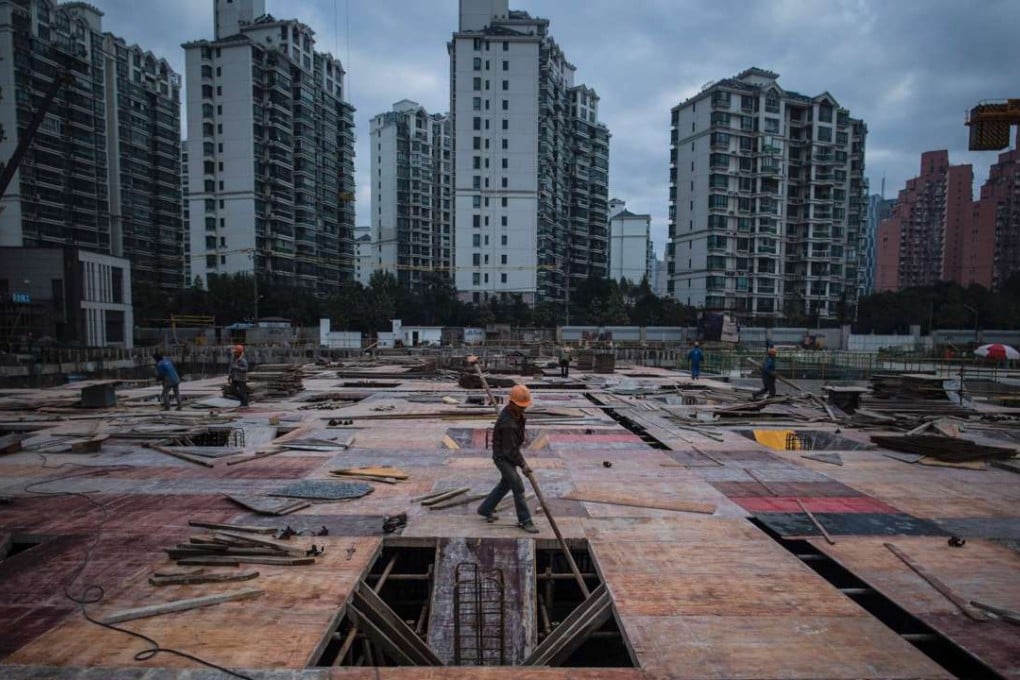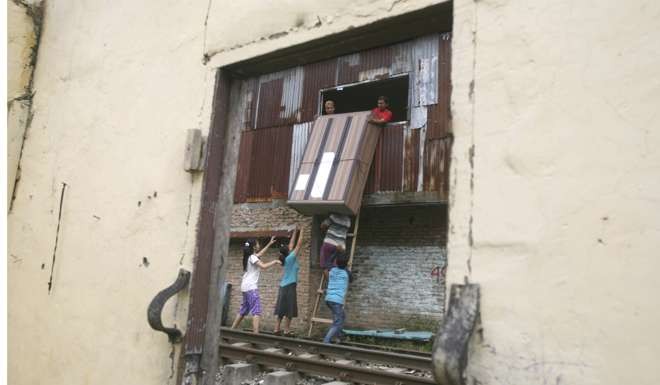Forced evictions are destroying society in China, and elsewhere
Mathias Agbo Jnr says a development model that forcibly takes homes away from the poor to cater to the privileged classes only feeds resentment. Forced demolition creates more problems than it solves

China’s ‘nail-gun murderer’: what drove my brother to kill a village official
This is not just a Chinese problem but a global scourge; urban planning officials elsewhere are also rolling out their bulldozers to forcefully demolish and relocate low-income settlements, to the frustration of their powerless residents.
There is a glaring disconnect between contemporary urban development and social responsiveness. By ignoring our grave social problems, we now have a retrogressive urban design style that caters exclusively to the needs of one class while barely acknowledging the existence of the other.
As a society, we must learn to be more compassionate in dealing with the victims of forced demolitions
This kind of urban development encourages the demolition of low-income neighbourhoods in whose stead upscale residences, luxury apartment blocks and five-star hotels are built to cater to the pleasures of a privileged few, while rendering thousands homeless. These forced relocations signify a climax of the proxy economic war between the rich and poor, and the desire by the former to keep the latter out of view, in its bid to create the illusion of a perfect city.
Regrettably, many of these demolitions give way to white elephant projects that may never be occupied or remain perpetually underoccupied. These developments magnify our social divide, and feed the ensuing class hatred and all the attendant sociopolitical baggage that comes with it. This, more than anything, accentuates the contours of the deepening wealth gap in societies around the world. The reality is that forced demolitions have created far more problems than they have ever solved.

The human impacts of China’s new urbanisation
While there are times when demolition and relocation is inevitable, municipal officials must always ensure that the new homes provided offer as much comfort as the ones vacated. As a society, we must learn to be more compassionate in dealing with the victims of forced demolitions because they are often emotionally fragile and may be susceptible to taking the law into their own hands. Paying compensation or providing alternative homes might not be enough sometimes; it does little to cushion the emotional upset of losing one’s home.